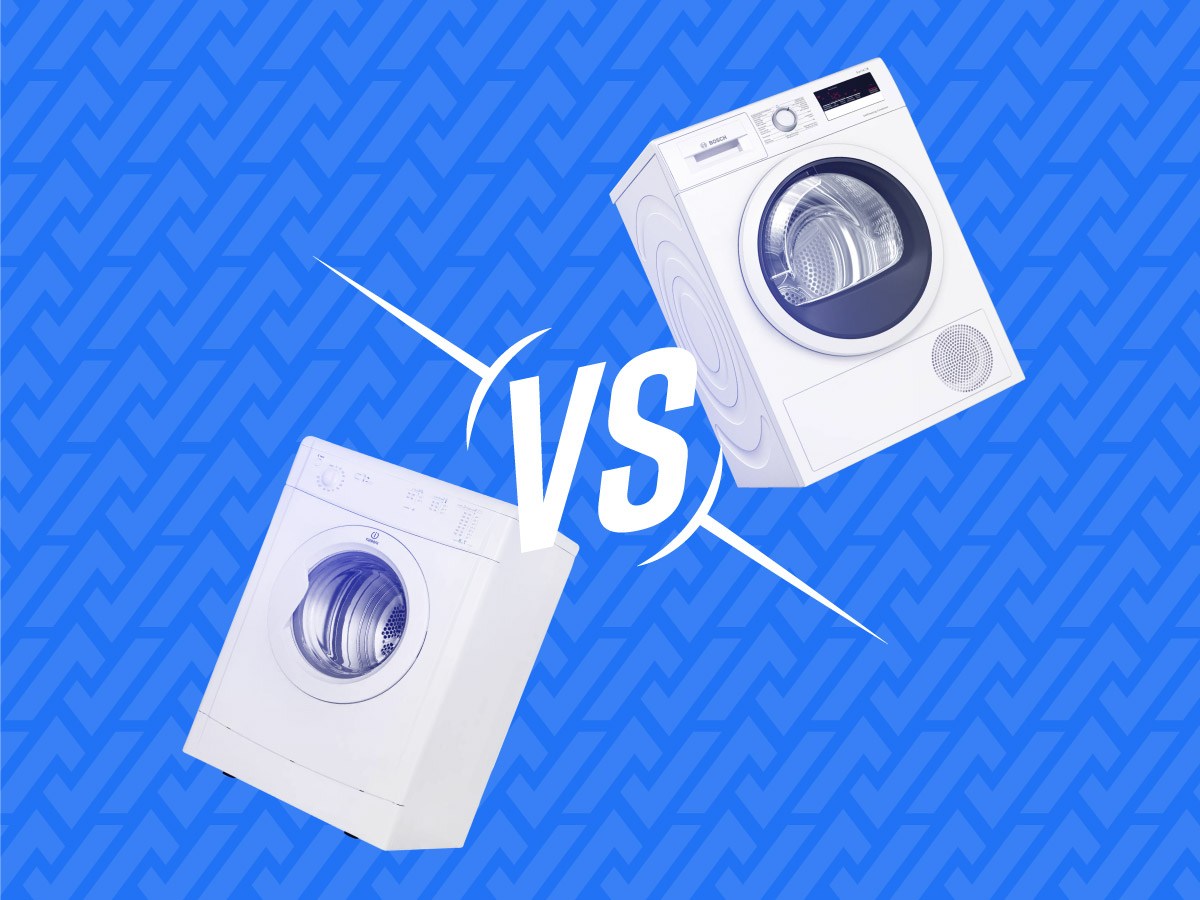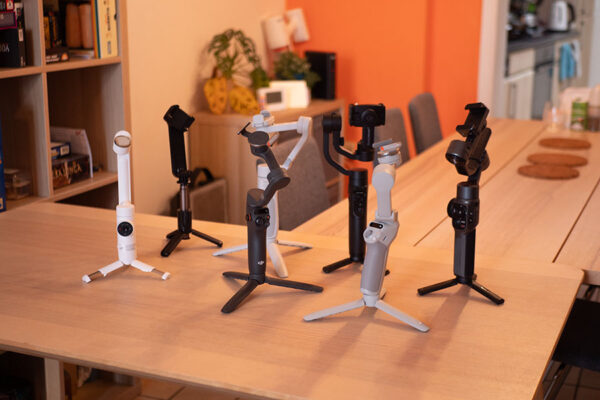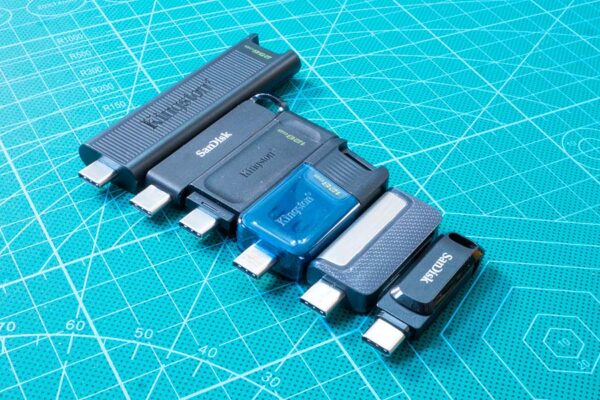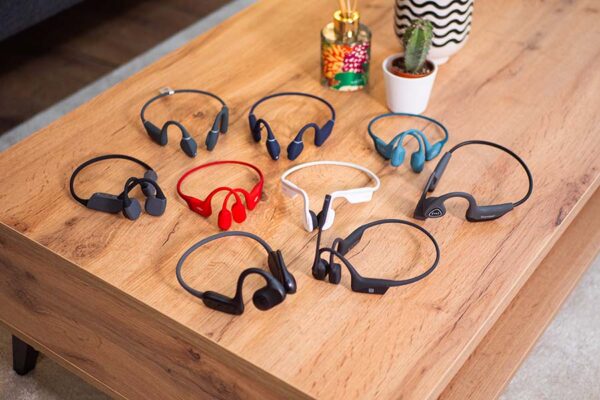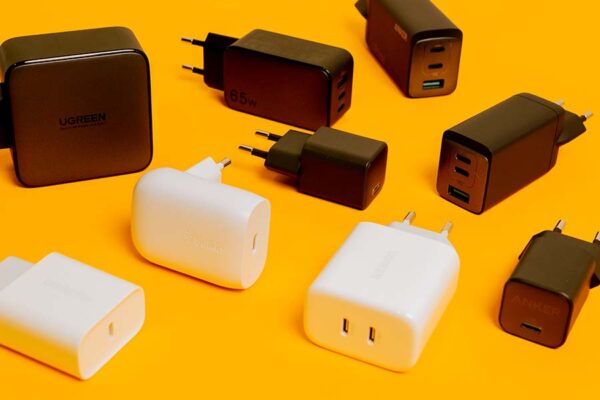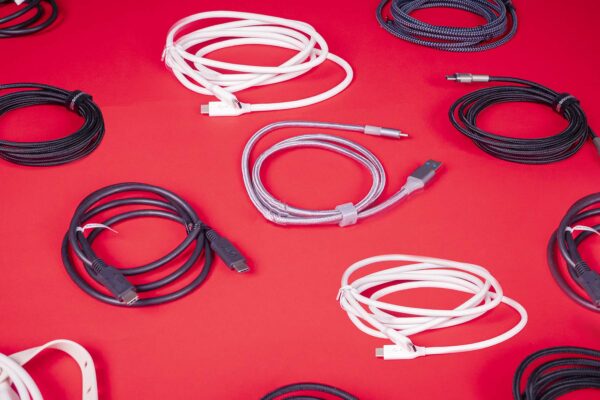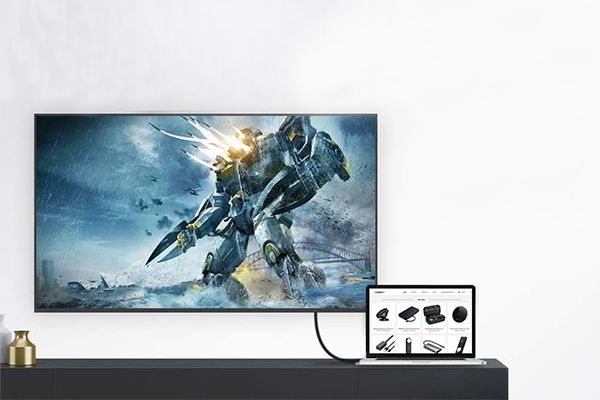Updated on 8 May 2023
The condenser tumble dryer, easy to install
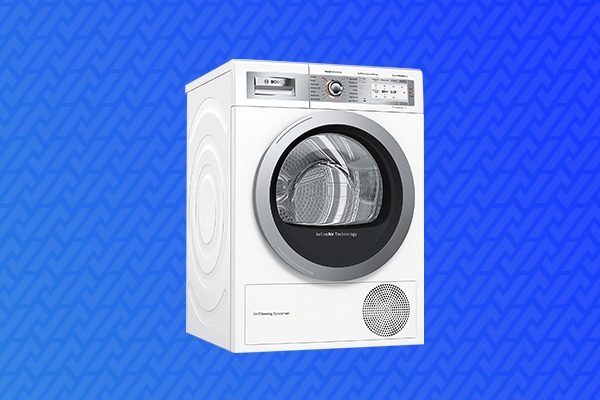








The condenser dryer works in a closed circuit, with a heating element. The humid and hot air is sent through a condenser which collects the water in a container.
This makes it very easy to install as all you need is an electrical outlet. All you have to do is remember to ventilate the room in which it is located. However, the tank must be emptied after each cycle and the condenser needs regular maintenance.
The vented tumble dryer, becoming increasingly rare
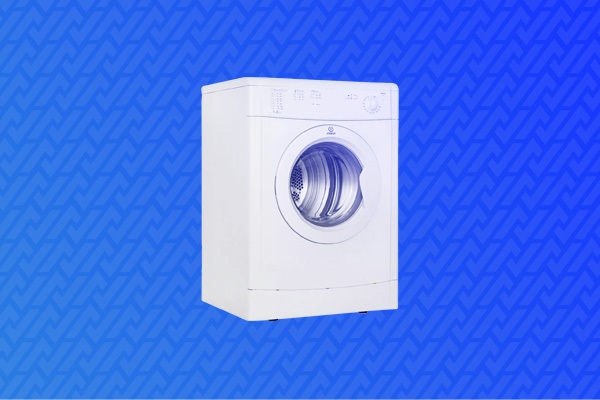







The vented dryer also uses a heating element, but its circuit is not closed. The hot, humid air needs to be expelled from the appliance. To do so, it is equipped with an exhaust duct, at least 1.2 m long, which must be connected to the outside via a vent or an open window.
The installation is therefore much more demanding, in addition to the fact that the power consumption is usually quite high. These appliances are usually classified in energy category C, which means additional costs compared to the low purchase price.
Conclusion
Although both types of dryers are based on the same drying principle, they differ in the way they discharge the collected water and therefore in the overall size of the appliance.
If you’re not sure which to choose, we’d advise you to go for a condenser tumble dryer, as it’s easier to install and uses less energy. Also, the increasingly unpopular ventilated tumble dryer is becoming rare on the market, which means that spare parts may not be available if your dryer breaks down.
Translated by Ramsés El Hajje
